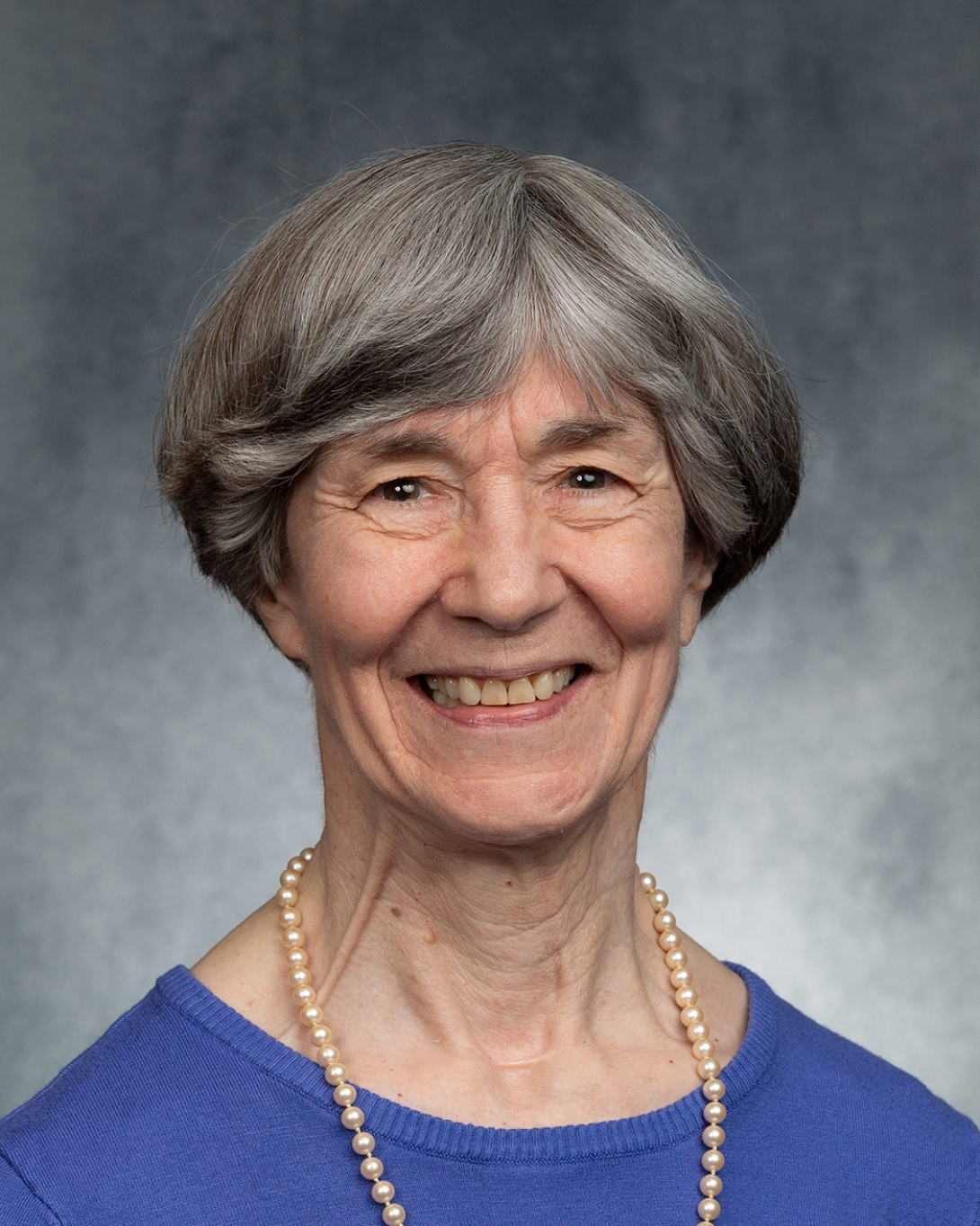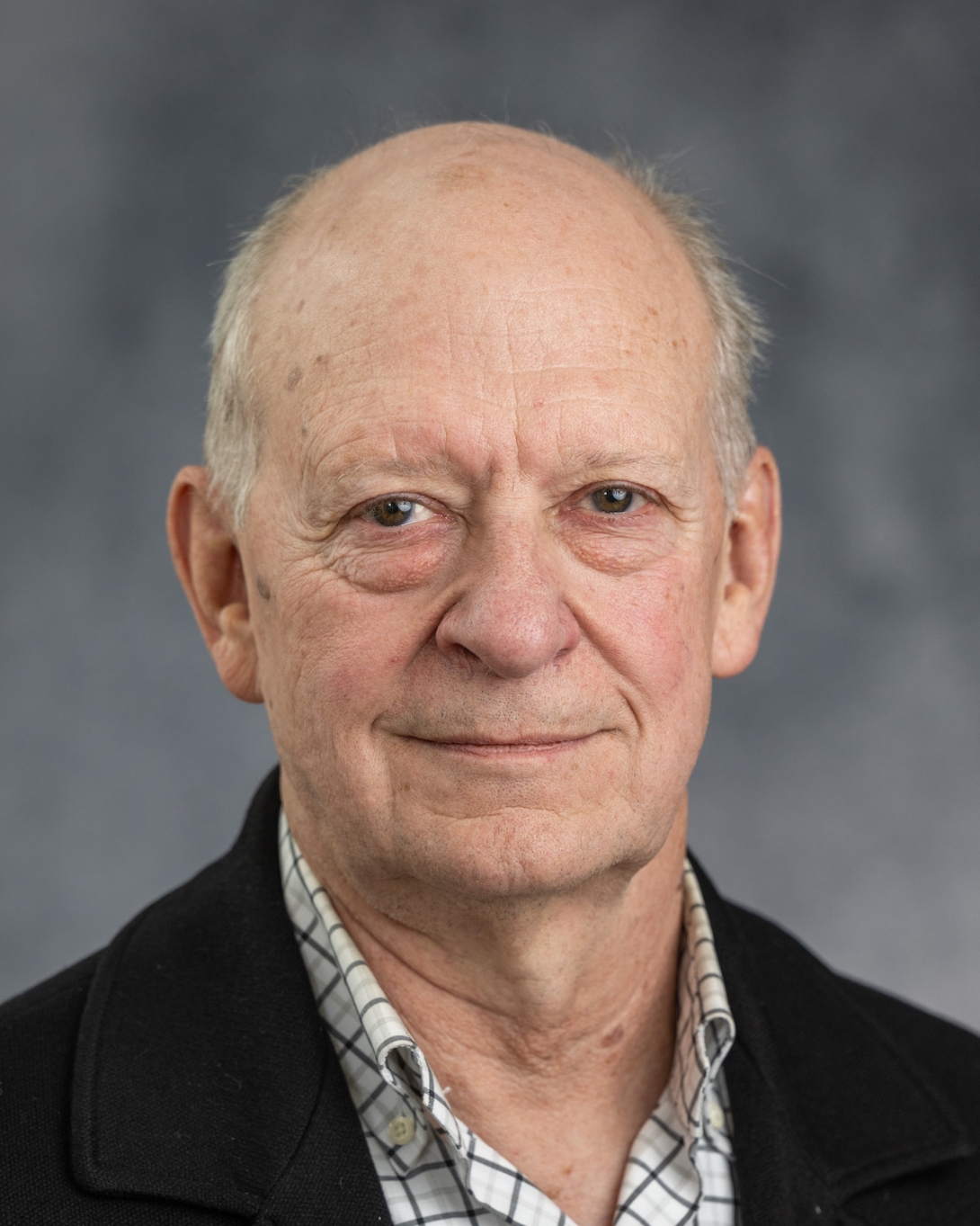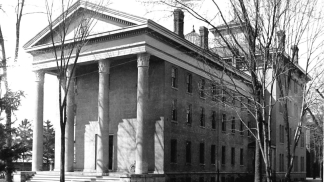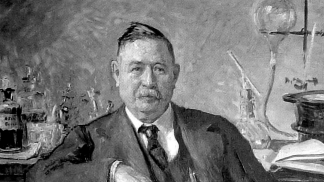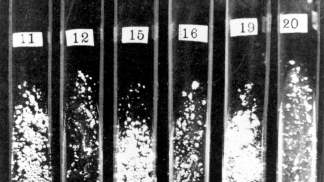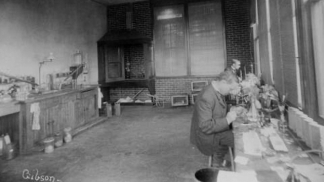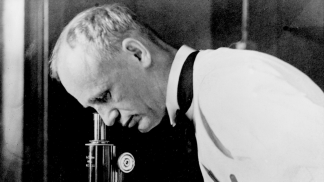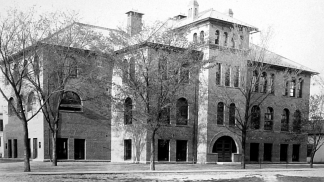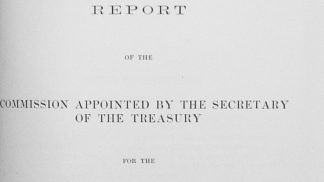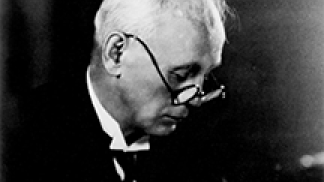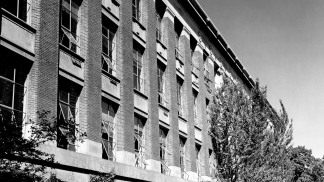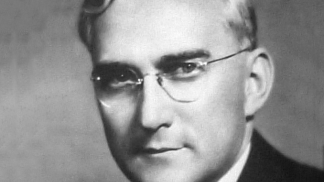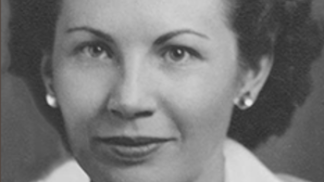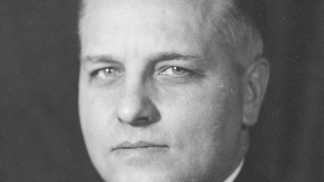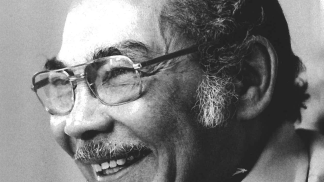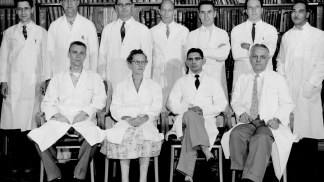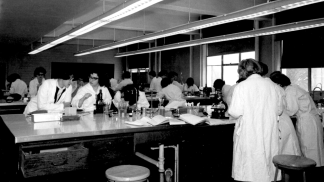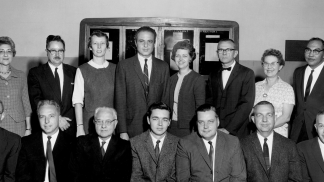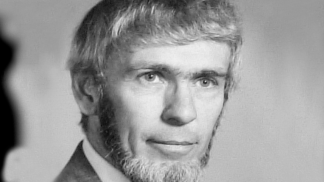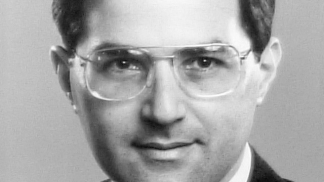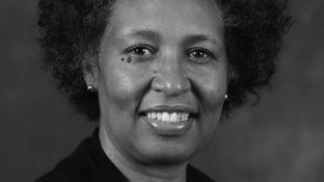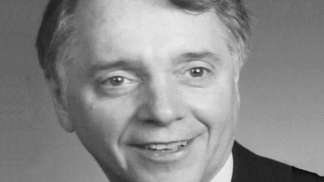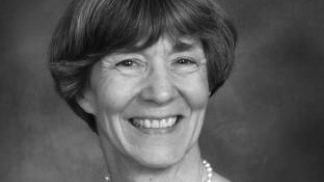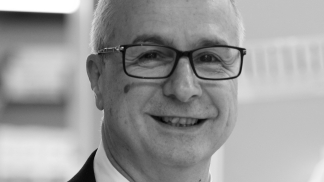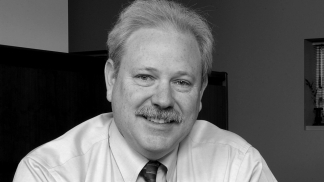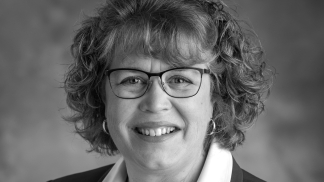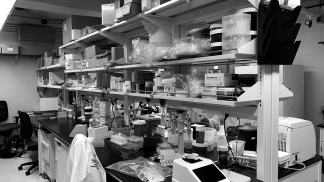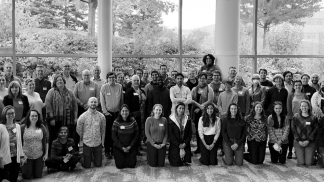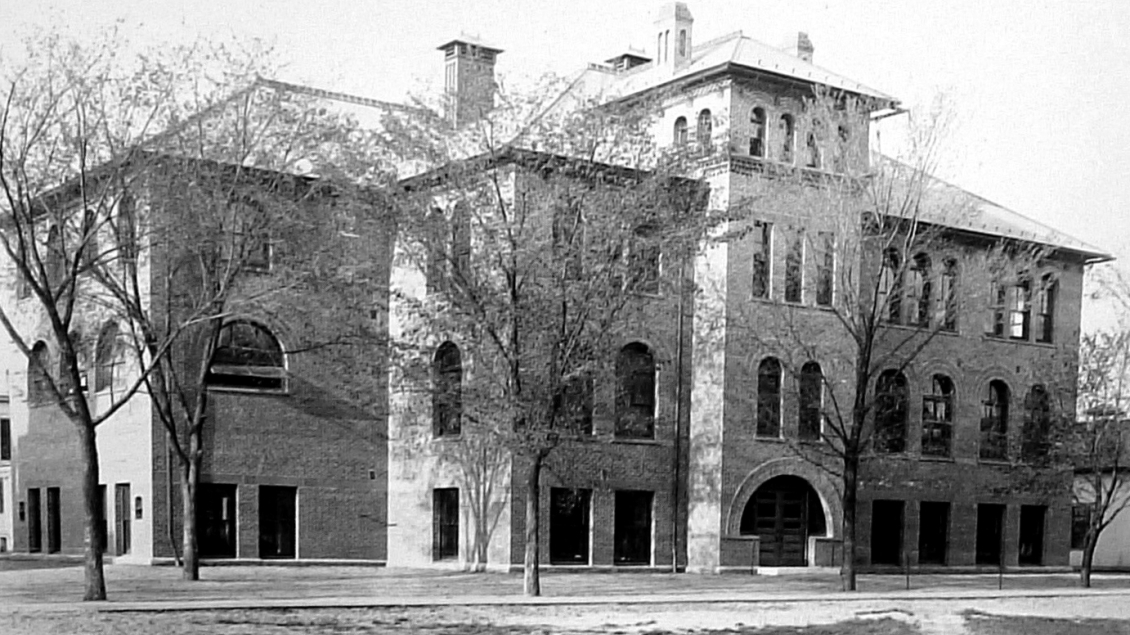
Our Story
Learn about the Department of Microbiology and Immunology from when it was founded to how it flourished into what you see today.
The Department of Microbiology and Immunology was founded in 1902 as the Department of Bacteriology under the chairmanship of Dr. Frederick G. Novy, who studied with Dr. Robert Koch, one of the leading bacteriologists of his time. Founding of the Hygiene Laboratory marks the inception of this department in 1887.
Establishment of microbiology as a subject dates even earlier to a course given in 1881 by Dr. V.C. Vaughan on ferments and germs, entitled "Sanitary Science." In 1963, the department's name was changed to Department of Microbiology, and in 1979 the current name was adopted in recognition of the newly established section in immunology. As one of the earliest departments of its kind in the nation, the Department of Microbiology and Immunology has evolved from more than a century of pioneering excellence.
Under the leadership of Dr. Frederick C. Neidhardt in the 1970s, the Department developed and leveraged the rapidly expanding discipline of molecular biology to understand infectious disease pathology and resolution. In the 1990s, Chair Dr. Michael Savageau oversaw a growing focus on the molecular mechanisms of microbial pathogenesis and host defense. Over the next 15 years (2004-2019), Chair Dr. Harry Mobley led an expansion of the research portfolio to include interdisciplinary research that deciphers how the human microbiome impacts both health and infectious disease. In 2019, Dr. Bethany Moore became the interim Chair of M&I and was named the permanent chair in 2021. Under her leadership there has been a renewed focus on immunology, inflammation and host defense.
Research interests of investigators include: gene regulation in prokaryotes and eukaryotes; molecular biology of animal and bacterial viruses; molecular basis of microbial pathogenesis integrated behavior of complex molecular and cellular networks; as well as structure, function, and molecular genetics of immunoglobulins, T-cell receptors and cell surface antigens. There is also expertise in fungal biology, parasitology, microbiome and many computational biology approaches. This interdisciplinary approach adds a dynamic dimension to the Department's already outstanding tradition in microbiology and immunology.
The Department of Microbiology & Immunology is the 11th site in the United States to be named a historical site by the American Society for Microbiology. Learn more about our Milestones in Microbiology celebration, October 22–October 24, 2015.
Powel Kazanjian's talk, "Frederick Novy: Beginnings of Bacteriology in American Medicine: 1889-1933"
Milestones in Microbiology Plaque Presentation
Microbe Magazine article by Ada Hagan
Frederick Novy: Beginnings of Bacteriology in American Medicine: 1889-1933
Powel Kazanjian, MD, PhD
Professor of Internal Medicine; Professor and Chief, Infectious Diseases, Medical School; Professor of Epidemiology, School of Public Health; Professor of History, College of Literature, and the Arts; University of Michigan
Frederick Novy (1864-1957) was a leader among a new breed of full-time bacteriologists at American medical schools in the 1890s. I examine Novy’s research and educational activities at the University of Michigan from 1889-1933. For sources, I use Novy’s published articles, archived letters, laboratory notebooks and lecture notes.
Novy was unusual for his time because his training, research program and his educational activities focused on fundamental science and not practical application. Novy first received a doctorate in chemistry then after becoming a physician translated his scientific training to discover objective truths about microbial biology. He investigated the chemical basis of metabolism and respiration to determine how microbes survive in nature. He also developed innovative dynamic culture techniques to grow protozoa and define the changing forms and their behavior as they matured over time. In his bacteriology course, the first full-semester one offered in America, he sought to instill what he called “a spirit of science in medicine”—critical thinking combined with a duty to search for objective truths above practical application.
The story of a first generation American bacteriologist like Novy who was devoted to what his peers called the “pure science” ideal has meanings for medicine, bacteriology and American society. His colleagues and students viewed his devotion to producing new knowledge as adding legitimacy to a medical profession in need of certainty and his medical instruction as establishing a foundation for the reforms in American medical education and establishment of “basic science” departments that would follow. His work also helped to define bacteriology as a distinct discipline in America, as he was a founding member of the American Society of Bacteriology in 1899. The representation of Novy’s science in American culture can be viewed through the novel Arrowsmith. In the novel, Sinclair Lewis used an account of Novy’s activities provided by his student Paul de Kruif to construct and popularize a heroic image of a truth-seeking medical researcher that had widespread and lasting appeal in American society.
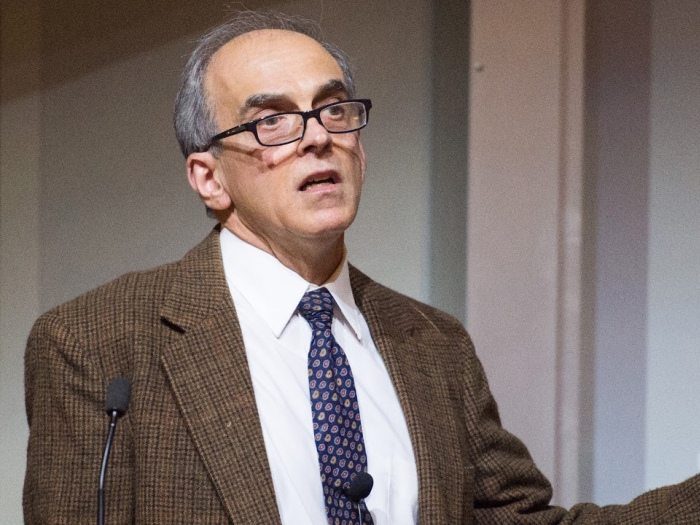
M&I designation as a Milestones in Microbiology site recognizes the outstanding achievements of the University of Michigan microbial scientists. It was presented by the American Society of Microbiology October 22, 2015.
Since the Foundation of the Medical School in 1850, M&I has had over 100 faculty whose scientific interests and expertise reflect the evolution and discoveries in microbiology and immunology.
Below is a list of a few faculty who recently retired.
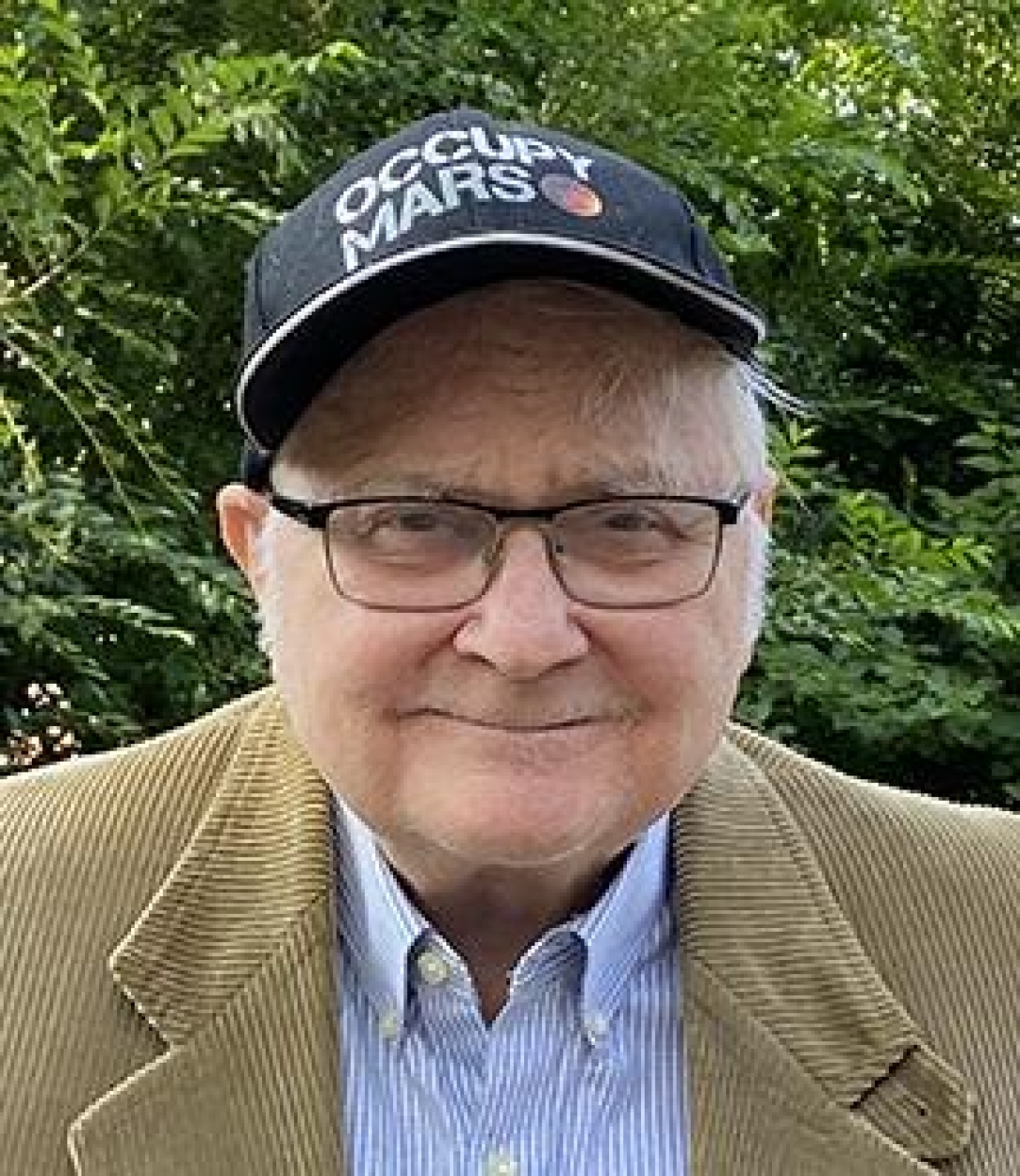
Professor Emeritus of Microbiology and Immunology
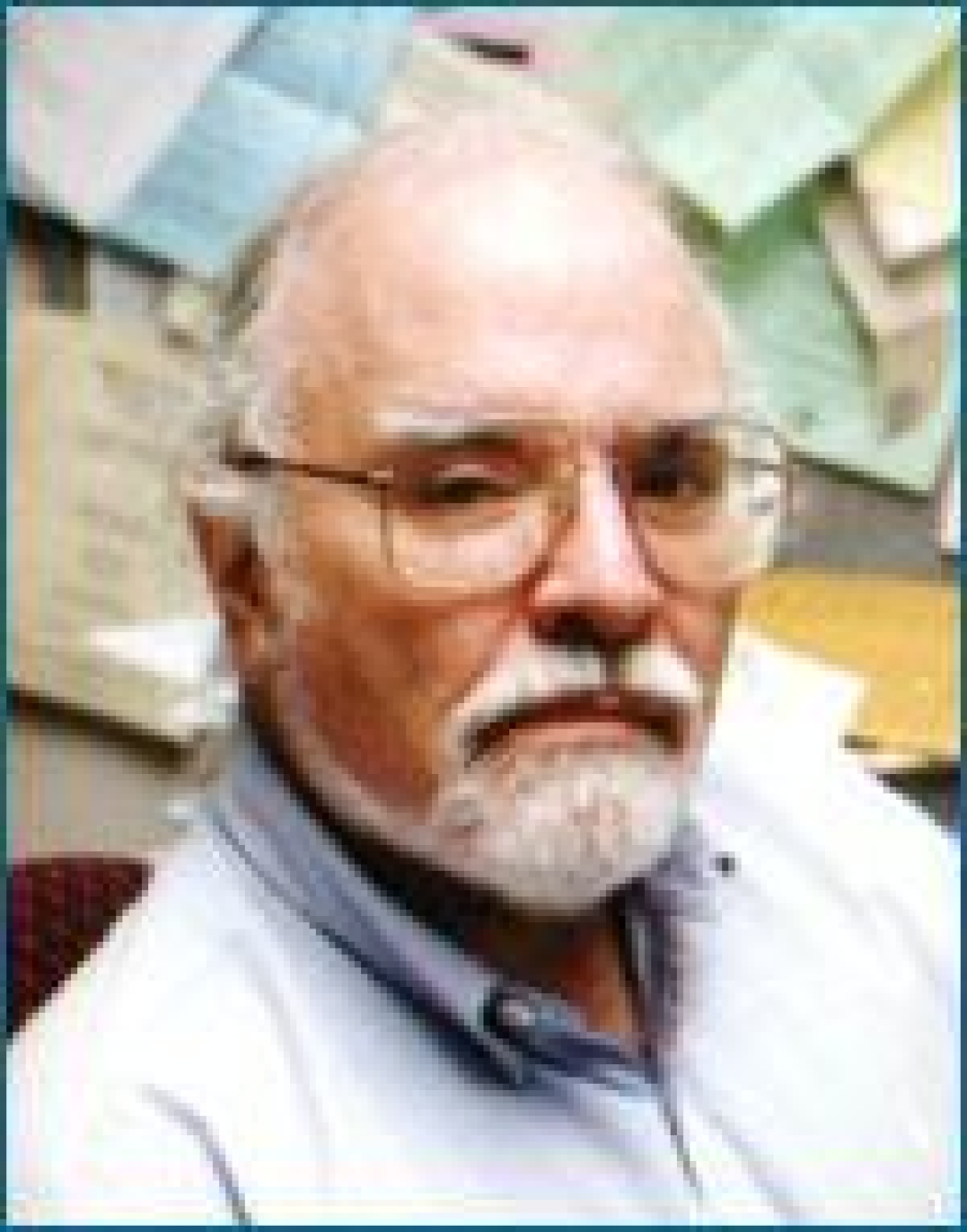
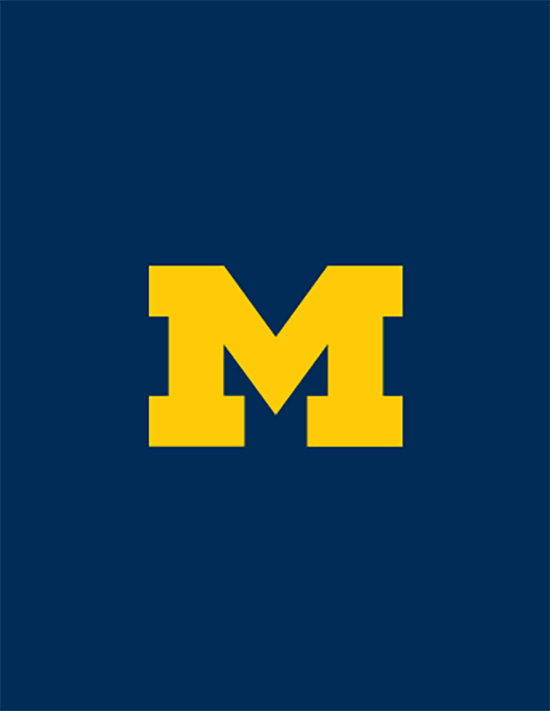
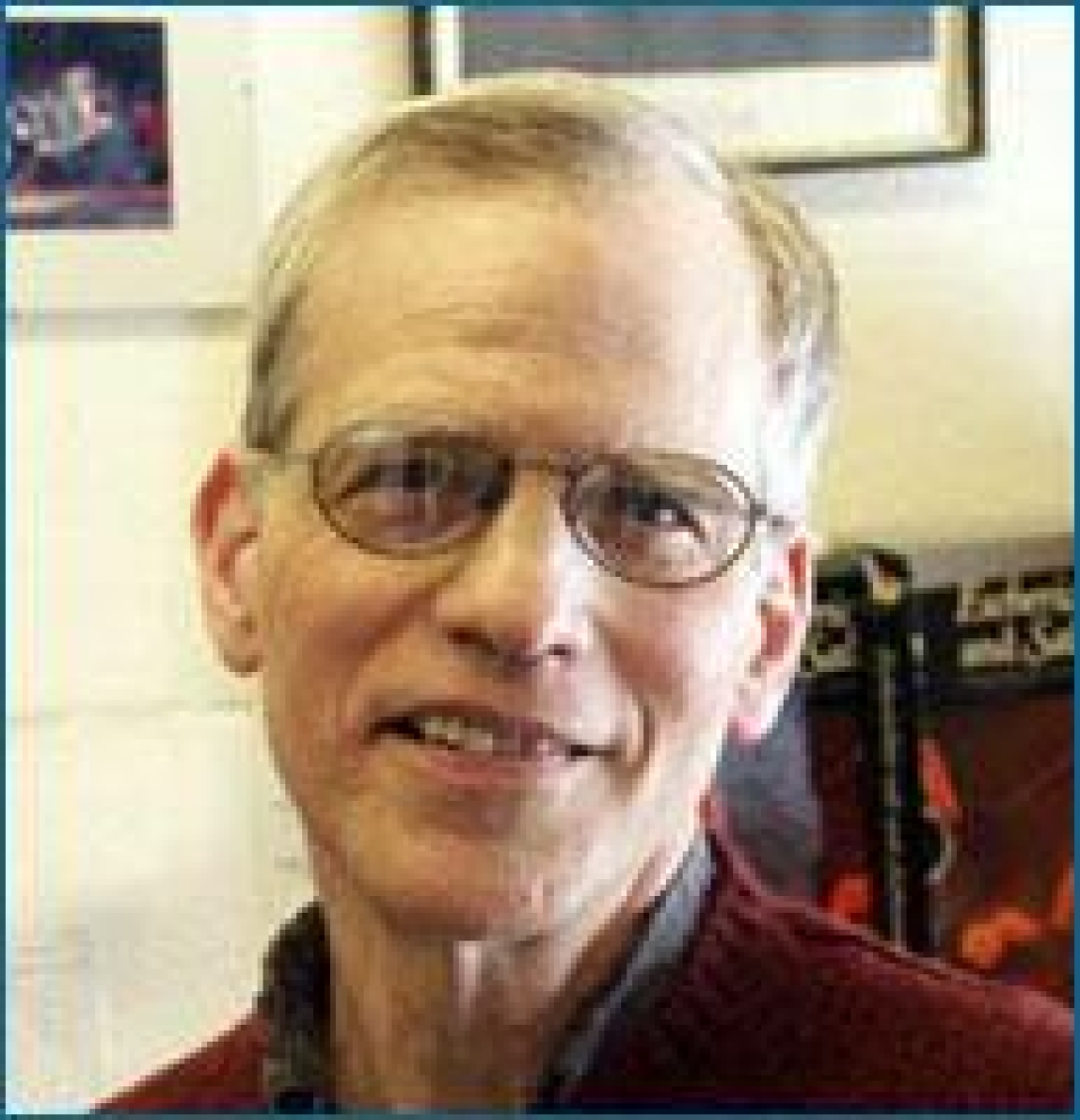
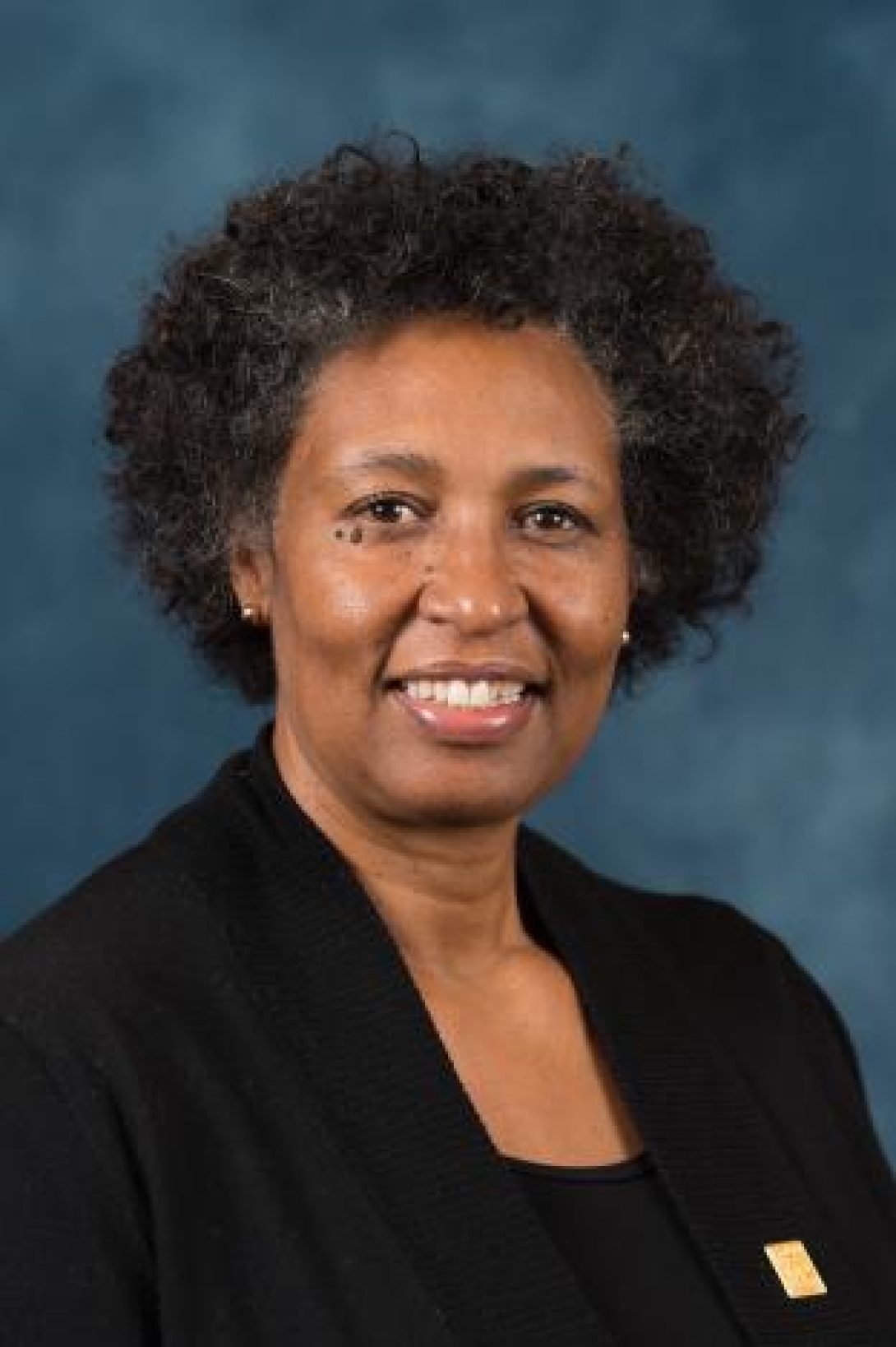
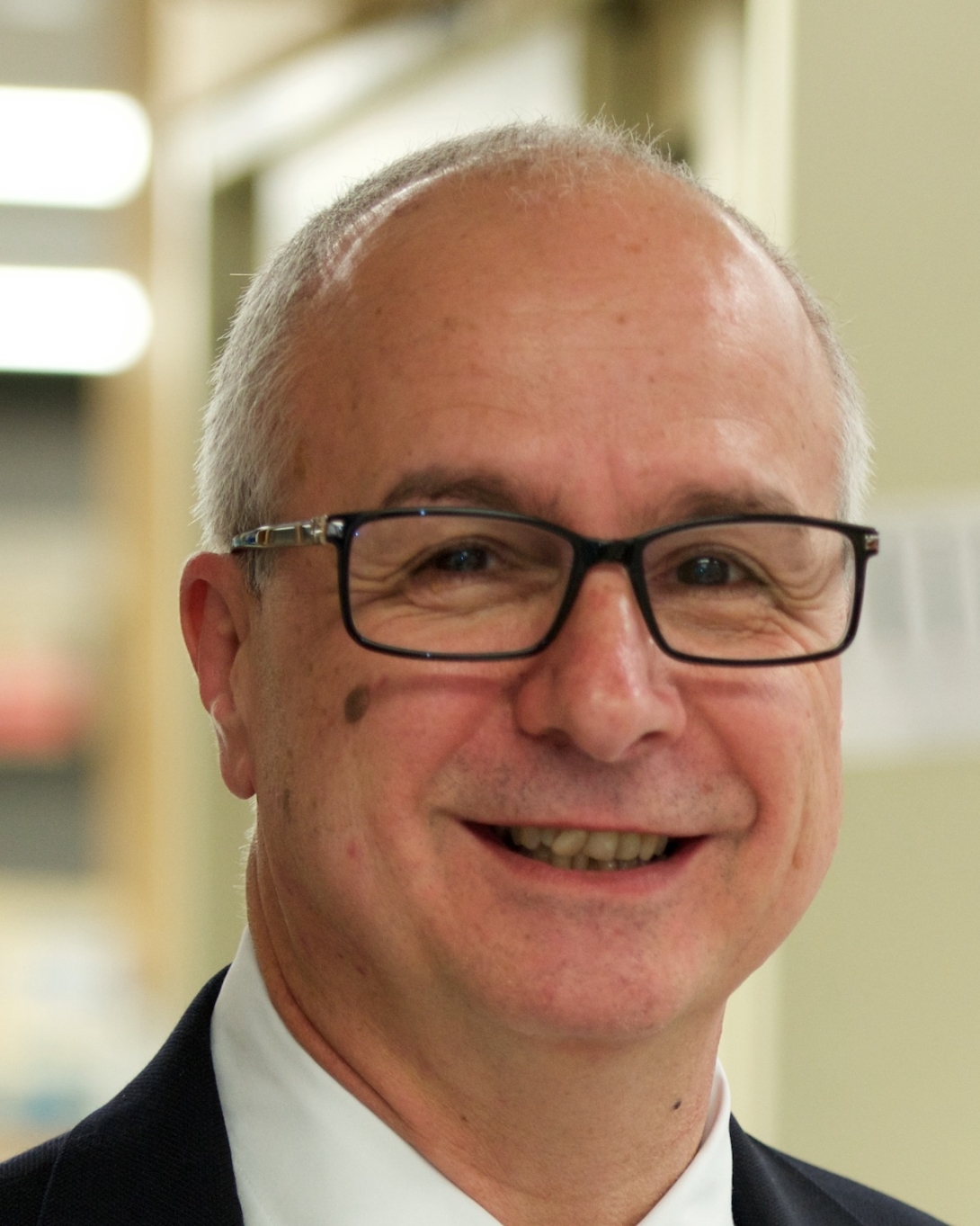
Professor Emeritus of Microbiology and Immunology

